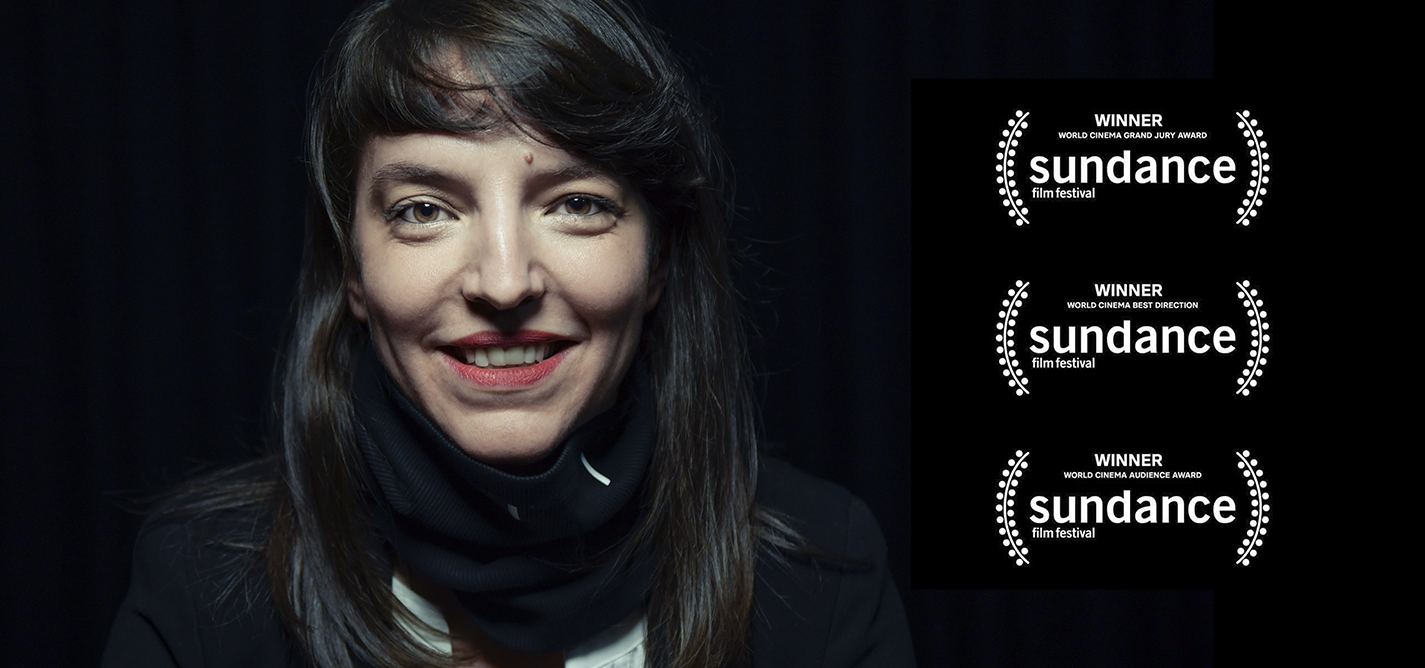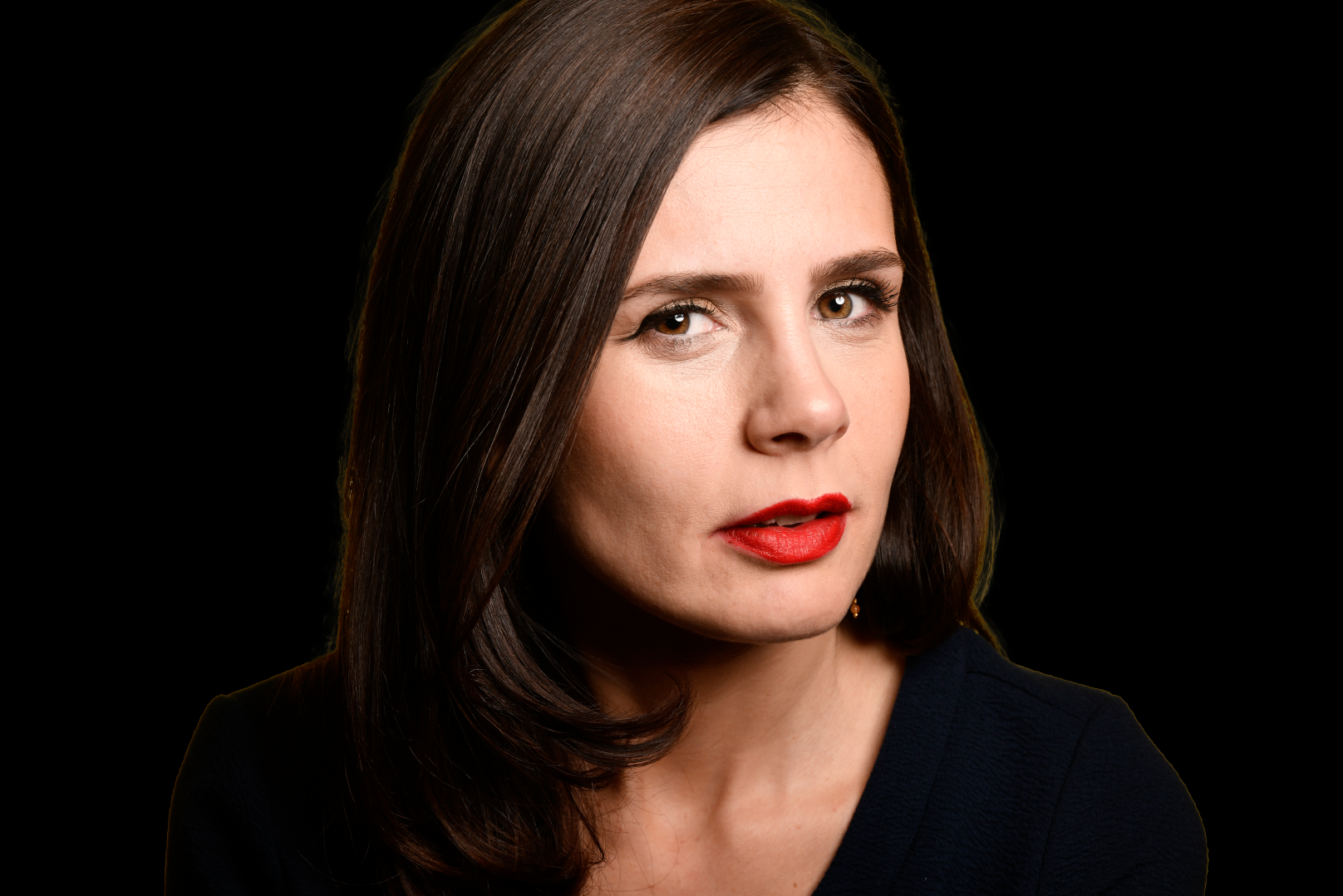
Blerta Basholli: I do not know what interested me more, her story or Fahrije herself
The director talks about the drama of the movie “Hive” and filmmaking in a place where culture is neglected.
“A woman should know her own place,” says one of the characters in the movie.
Fahrije says: “I never looked sideways, only forward, and this is how I went on.”
You have to dramatize the situation for the public to see it.
"It’s a little bit like a deep dig into my life and emotions."
It takes a lot of sacrifice for every project to go abroad.

Dafina Halili
Dafina Halili is a senior journalist at K2.0, covering mainly human rights and social justice issues. Dafina has a master’s degree in diversity and the media from the University of Westminster in London, U.K..
This story was originally written in Albanian.